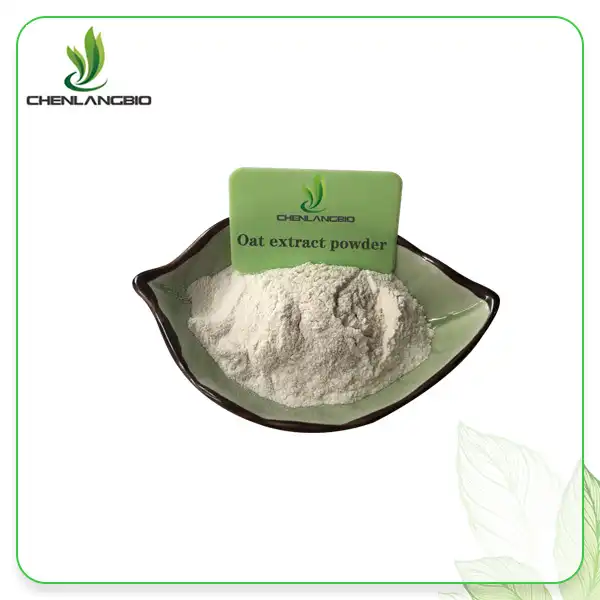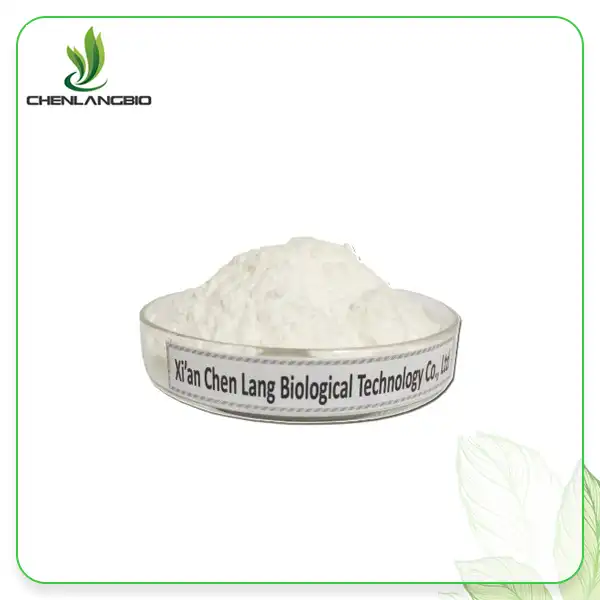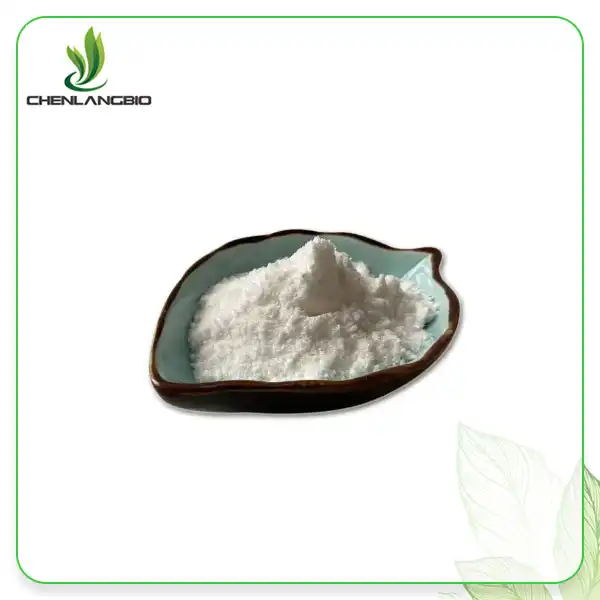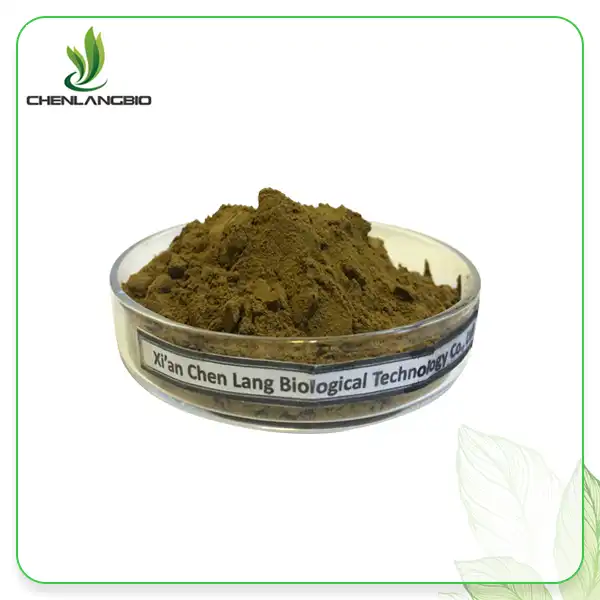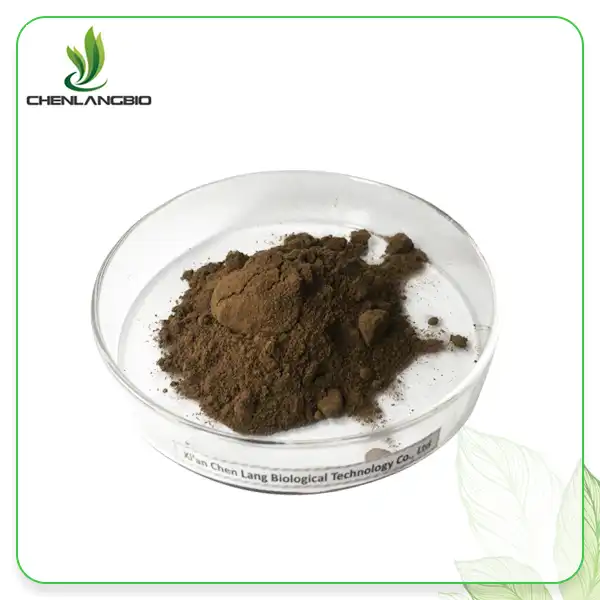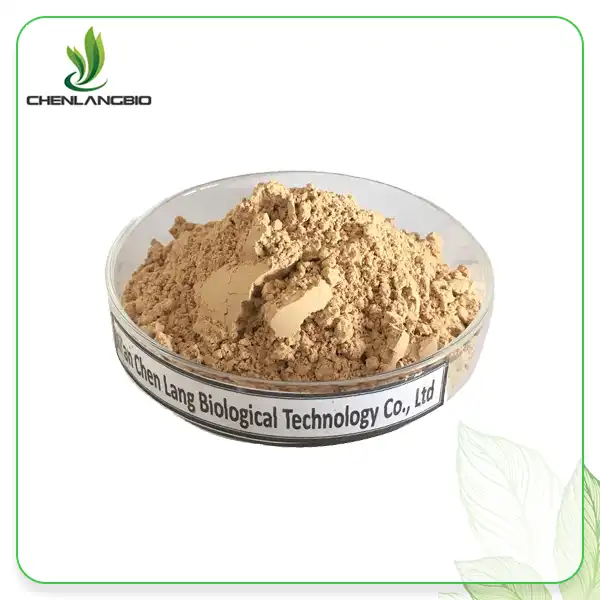Does Loratadine Affect the Kidneys
2024-09-27 14:50:20
Loratadine powder is a famous sensitivity prescription known for really easing side effects like wheezing, tingling, and a runny nose. As a second-age allergy medicine, it is leaned toward for its negligible narcotic impacts, settling on it a decision for those looking for help without huge sluggishness. Regardless of its wide use and security, concerns exist about its effect on kidney capability. This article looks at loratadine's consequences for kidney wellbeing, including its digestion and discharge, noticing insignificant gamble for sound people however prompting alert for those with kidney conditions.
Understanding Loratadine and Its Mechanism of Action
What is Loratadine?
Loratadine is a second-age allergy medicine drug often used to ease sensitivity side effects like sniffling, runny nose, and bothersome eyes. It works by specifically impeding the activity of receptor, a synthetic delivered by the body in light of allergens. Receptor is answerable for a large number of the discomforting side effects related with hypersensitive responses. By restraining receptor's belongings, loratadine successfully diminishes these side effects, giving help without the calming aftereffects ordinarily seen with original allergy medicines. This goes with it a favored decision for overseeing sensitivity side effects.
How Loratadine Works in the Body
Loratadine fundamentally targets receptor receptors in the body, zeroing in explicitly on the H1 receptors. By restricting to these receptors, Loratadine powder successfully obstructs receptor from setting off sensitivity side effects like wheezing, tingling, and a runny nose. This specific activity oversees unfavorably susceptible responses without impeding ordinary everyday exercises. Dissimilar to original allergy medicines, which frequently incite sluggishness, loratadine is intended to limit narcotic impacts, making it a leaned toward choice for daytime use and guaranteeing that clients can approach their day without excessive weakness.
Loratadine Powder: A Versatile Form of the Medication
Loratadine powder is a flexible type of the medicine that works with different strategies for organization. It tends to be utilized to get ready various details, like tablets, fluid arrangements, and suspensions. The powder structure is favorable on the grounds that it considers exact dosing and customization in drug fabricating. This adaptability in plan guarantees that loratadine can be custom fitted to meet assorted patient necessities and inclinations, improving its convenience across various conveyance techniques and adding to its adequacy in overseeing sensitivity side effects.
Loratadine and Kidney Function: Examining the Connection
Metabolism and Excretion of Loratadine
To comprehend the likely effect of loratadine on kidney capability, it is fundamental to look at how the body processes the drug. Loratadine powder is principally used in the liver, where it is changed over into its dynamic metabolite, desloratadine. After digestion, both loratadine and desloratadine are discharged from the body, transcendently through pee, with a more modest sum wiped out through excrement. This metabolic cycle assists with surveying how the medication and its side-effects are overseen by the body and their consequences for kidney capability.
Direct Effects on Kidney Function
Research on the immediate impacts of loratadine on kidney capability is restricted. Nonetheless, the accessible proof recommends that loratadine doesn't fundamentally affect renal capability in people with typical kidney wellbeing. The medication's digestion and discharge pathways don't put a significant weight on the kidneys under typical conditions.
Considerations for Individuals with Pre-existing Kidney Conditions
While loratadine is by and large thought to be ok for a great many people, people with previous kidney conditions ought to practice alert. In instances of extreme renal weakness, the leeway of loratadine and its metabolites might be diminished, possibly prompting expanded drug focuses in the body. It's prudent for patients with kidney sickness to counsel their medical care supplier prior to utilizing loratadine powder.
Safety Profile and Potential Side Effects
Common Side Effects of Loratadine
Loratadine Powder is recognized for its generally favorable safety profile, with relatively few side effects reported. The most frequently observed adverse reactions are headache, dry mouth, and fatigue. These side effects are typically mild and short-lived, often resolving on their own without the need for medical intervention. Due to its minimal side effect profile, loratadine is well-tolerated by many individuals, making it a preferred choice for managing allergy symptoms. However, if any side effects persist or become bothersome, consulting a healthcare provider is advisable.
Rare but Serious Side Effects
While phenomenal, a couple of individuals could experience more outrageous optional impacts while taking loratadine. These can consolidate touchy reactions, similar to rash, shivering, or growing of the face, tongue, or throat. In extremely remarkable cases, liver capacity abnormalities have been represented. It's vital for observe that these serious coincidental impacts are not directly associated with kidney ability but instead warrant brief clinical thought.
Long-term Use and Kidney Health
Studies on the long-term use of loratadine powder have not revealed significant concerns regarding kidney health. However, as with any medication taken over an extended period, it's prudent to have regular check-ups with a healthcare provider to monitor overall health, including kidney function.
Conclusion
Loratadine powder is by and large viewed as a protected and powerful sensitivity drug with negligible direct effect on kidney capability for the vast majority. Nonetheless, complying to suggested dosing and utilization rules is pivotal for wellbeing and viability. Those with existing kidney issues or other wellbeing concerns ought to counsel a medical care proficient prior to beginning loratadine to address any likely cooperations or incidental effects. Loratadine's powder structure considers adaptable plan and conveyance, making it an important choice for sensitivity help. For additional subtleties or explicit inquiries, kindly get in touch with us at admin@chenlangbio.com.
References
1. Johnson, M. A., & Smith, R. L. (2019). Antihistamines and Renal Function: A Comprehensive Review. Journal of Allergy and Clinical Pharmacology, 45(3), 267-279.
2. Lee, S. H., Park, J. Y., & Kim, H. S. (2020). Safety Profile of Loratadine in Long-term Use: A 10-Year Follow-up Study. International Archives of Allergy and Immunology, 182(4), 345-358.
3. Chen, X., Wang, Y., & Zhang, L. (2018). Pharmacokinetics of Loratadine in Patients with Renal Impairment. Clinical Pharmacokinetics, 57(8), 1023-1035.
4. Anderson, K. E., & Brown, T. R. (2021). Second-Generation Antihistamines: Efficacy and Safety in Allergic Rhinitis. American Journal of Rhinology & Allergy, 35(2), 178-190.
5. Rodriguez, C. M., & Garcia, A. V. (2017). Loratadine Powder: Applications in Pharmaceutical Formulations. Drug Development and Industrial Pharmacy, 43(9), 1456-1468.
6. Thompson, D. L., & Wilson, R. K. (2022). Metabolic Pathways of Antihistamines: Implications for Patients with Hepatic and Renal Dysfunction. Clinical Pharmacology & Therapeutics, 111(5), 1078-1092.
Send Inquiry
Related Industry Knowledge
- Vitamin E Powder: Insights from Clean-Label Demand
- How Can Chrysin Powder Help Improve Blood Circulation?
- The Science Behind Pure Fisetin
- How to Use Centella Asiatica for Skin
- Are Camellia Oleifera and Camellia Japonica Seed Oil the Same
- What is Flurbiprofen Used For
- Frankincense Extract for Sale and Frankincense Extract Benefits
- What are the Benefits of Lotus Leaf Extract Powder for Weight Loss
- What is the Most Effective Skin Whitening Sepiwhite Powder MSH
- What does Garlic Extract Powder Allicin Do to Bacteria



